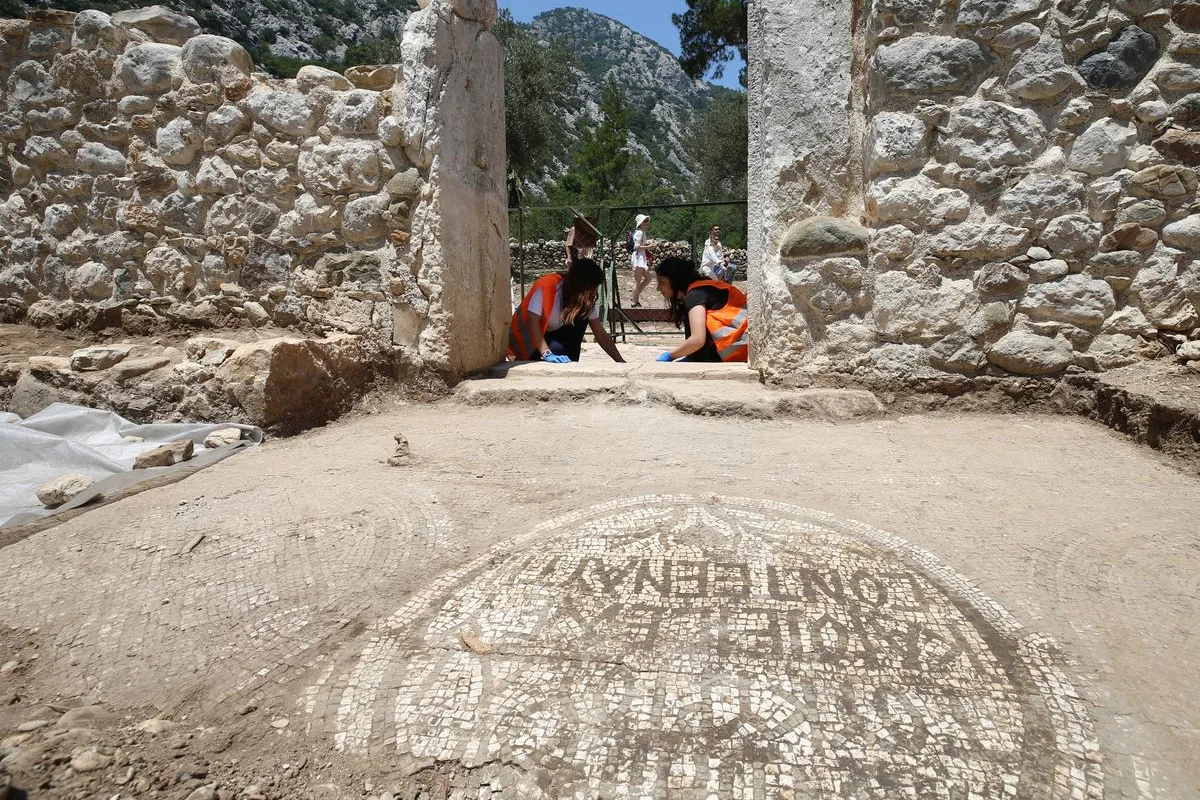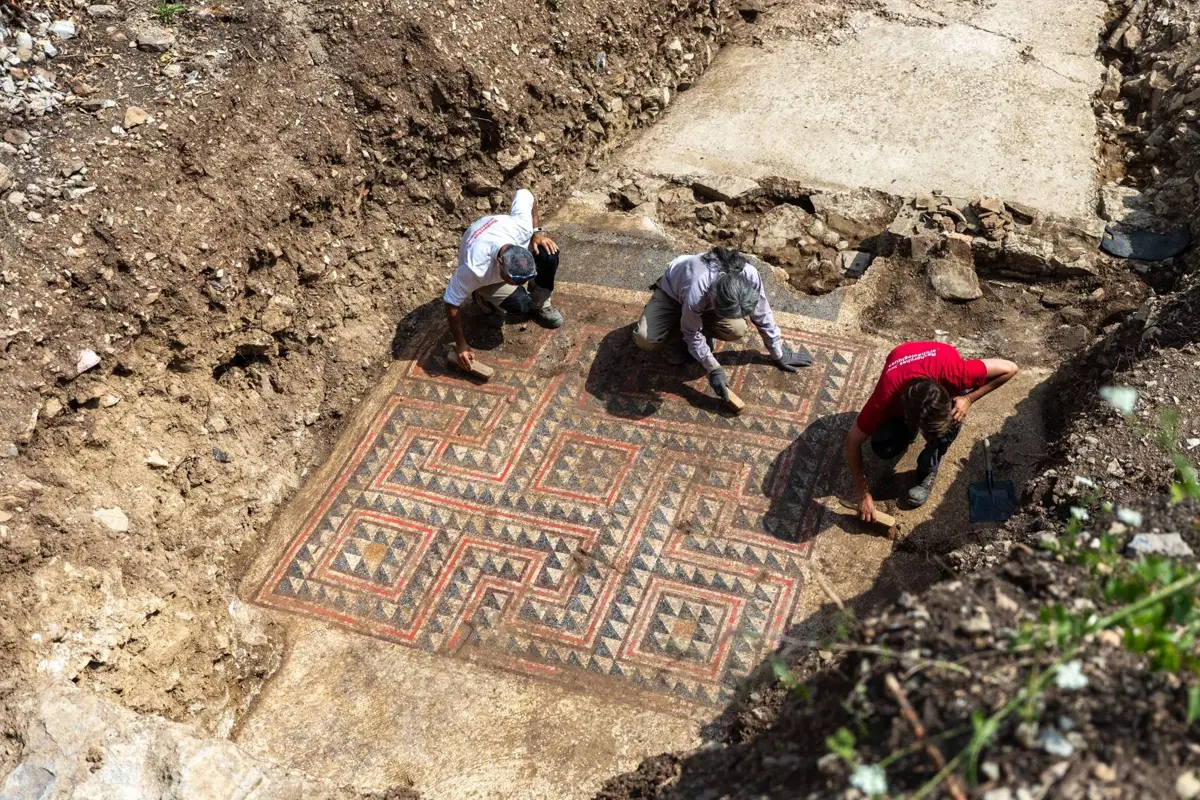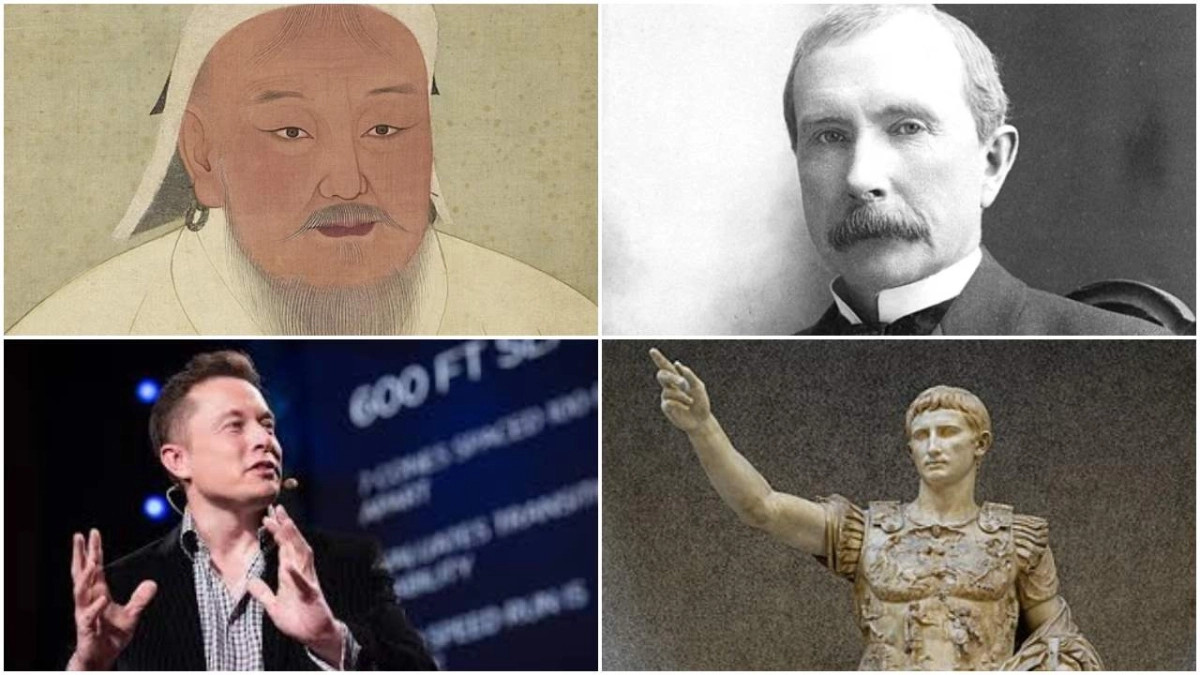Abstract
Hunting was a fundamental activity in early human societies, shaping economic structures, social organization, and cultural practices. As a primary means of subsistence, it provided food, clothing, and tools while fostering cooperation and technological advancements. This article explores the role of hunting in early societies, its impact on human evolution, and its influence on social hierarchies, religious beliefs, and economic development.
Introduction
Hunting has played a crucial role in human history, predating agriculture and serving as one of the earliest methods of survival. Early human groups depended on hunting for sustenance, utilizing tools and cooperative strategies to secure game. Over time, hunting influenced social structures, technological progress, and spiritual traditions. This study examines hunting's multifaceted contributions to early societies, emphasizing its economic, cultural, and ecological significance.
Hunting as a Subsistence Strategy
Before the advent of agriculture, hunting was a primary means of obtaining food. Early hunter-gatherers relied on hunting to supplement foraged plant foods, ensuring a balanced diet rich in protein and essential nutrients. Different environments influenced hunting methods, with arctic societies relying on marine mammals, while temperate regions saw the pursuit of deer, bison, and other land animals.
Hunting required skill and knowledge of animal behavior, leading to the development of specialized tools such as spears, bows, and traps. The domestication of dogs as hunting companions further enhanced success rates, showcasing early human ingenuity in adapting to environmental challenges.
Social and Cultural Implications
Hunting was more than a means of sustenance; it was deeply embedded in the social fabric of early societies. Successful hunters often held higher status within their groups, reinforcing leadership roles and social hierarchies. The division of labor, with men typically engaging in hunting while women gathered plant-based foods, shaped gender roles and societal organization.
Additionally, hunting played a significant role in rituals and spiritual beliefs. Many early societies viewed hunting as a sacred act, often invoking deities or spirits associated with animals. Cave paintings, such as those found in Lascaux, France, depict hunting scenes that may have served as instructional guides or religious expressions.
Technological Advancements and Innovation
The necessity of hunting drove technological innovation. Early humans crafted increasingly sophisticated weapons, such as stone-tipped spears, atlatls, and later, bows and arrows. The use of fire for driving game and improving tool production further demonstrates how hunting stimulated advancements in human ingenuity.
Moreover, hunting necessitated strategic planning and cooperation, leading to the development of communication skills and early forms of social organization. The ability to coordinate hunts, track prey, and share resources contributed to the formation of complex communities.
Economic and Environmental Impact
In addition to providing food and materials, hunting influenced early economic systems. The trade of animal hides, bones, and meat facilitated interactions between different groups, fostering early commerce and intergroup relations. Overhunting, however, occasionally led to resource depletion, forcing societies to adapt by developing new hunting techniques or transitioning toward early domestication practices.
The Transition from Hunting to Agriculture
While hunting remained important for millennia, the shift toward agriculture marked a significant transformation in human societies. As farming provided a more stable food source, reliance on hunting decreased, but it continued to play a supplementary role. The skills and knowledge developed through hunting persisted in later societies, influencing warfare, sport, and conservation efforts.
Conclusion
Hunting was indispensable to early societies, shaping their economies, cultures, and technologies. It provided sustenance, reinforced social structures, and drove innovation. Even as agriculture and domestication emerged, hunting maintained its relevance, reflecting humanity’s enduring connection to nature. Understanding the role of hunting in early societies offers valuable insights into the foundations of human civilization.







